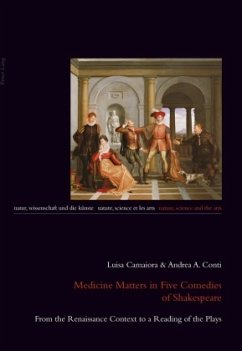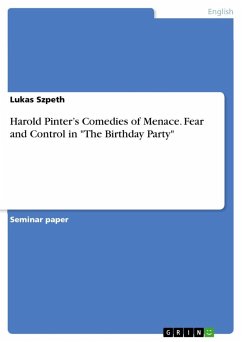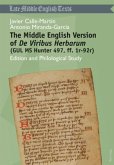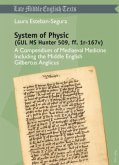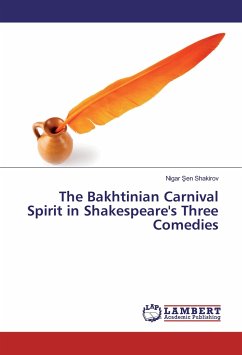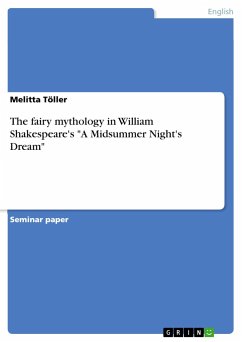The book examines the presence of medicine matters in Shakespeare's The Comedy of Errors, Love's Labour's Lost, The Two Gentlemen of Verona, The Taming of the Shrew, and The Merry Wives of Windsor, and documents how the theme of medicine can acquire particular importance for the interpretation of the plays: namely, it matters. Andrea A. Conti provides information on certain aspects of the medical context of the Renaissance, effecting the essential connections with previous and subsequent periods and furnishing the necessary background for the understanding of the state of the art of medicine at the time. Luisa Camaiora presents a close reading of the comedies, and identifies for each a specific and dominant medical facet, then proposed as a structural key for the analysis of the plays. The medical motifs enucleated determine the critical perspective for the discussion of the dramatic characters and events and for the interpretation of the overall meaning and significance of the single works. Features and references related to the sphere of medicine, identified in the comedies, are also commented upon and examined in the context of this medical reading of the plays.
Bitte wählen Sie Ihr Anliegen aus.
Rechnungen
Retourenschein anfordern
Bestellstatus
Storno

